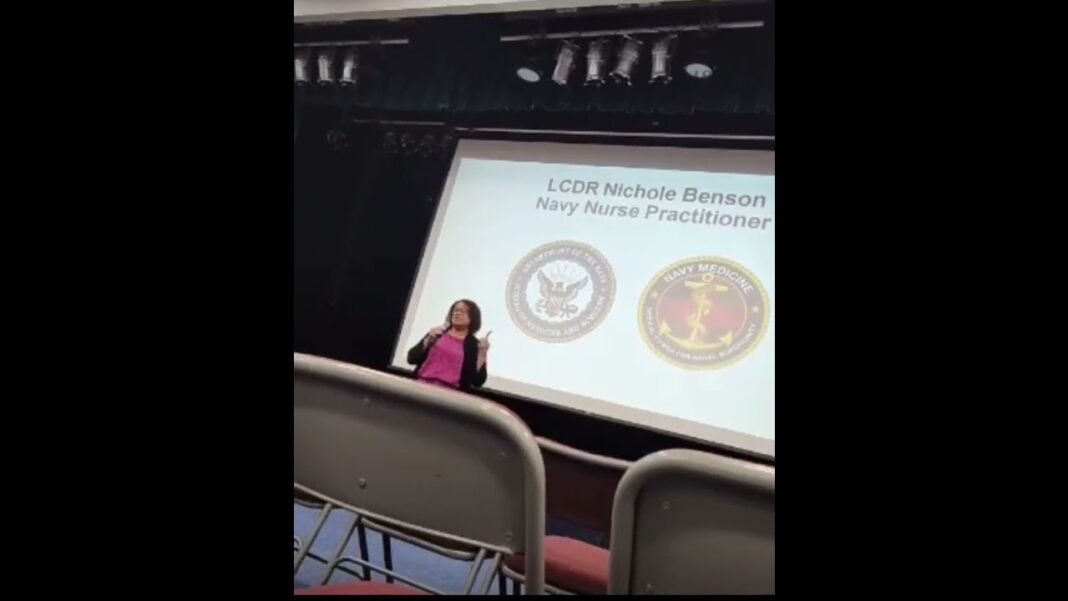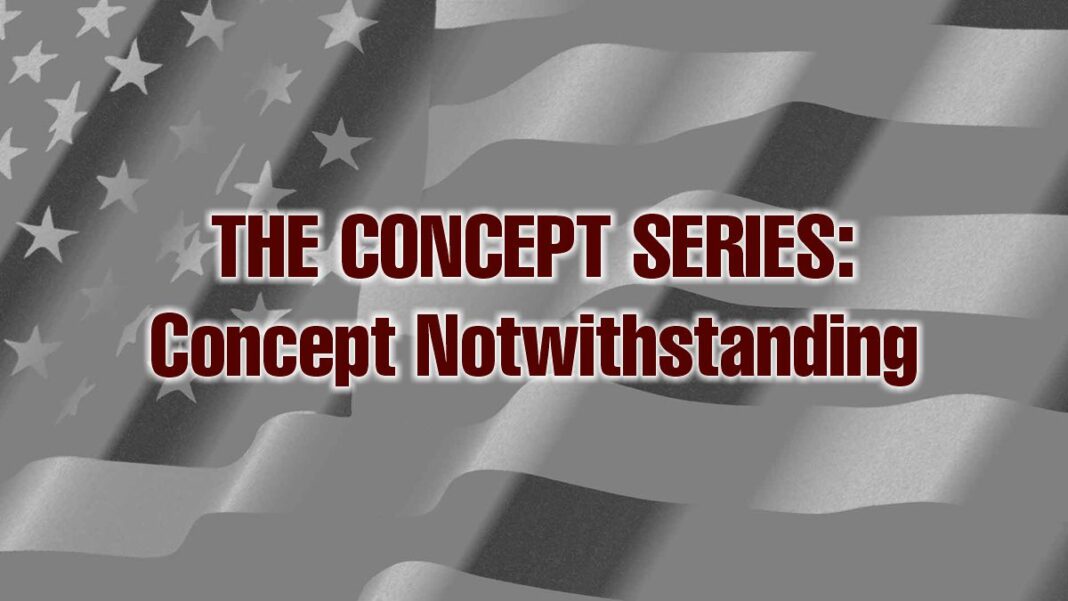There aren’t many ways to define the function of a free press, and what journalism, is without referencing the way in which journalists are supposed to bring transparency to the most powerful institution. Nobody needs a free press to bring to the public the messages of institutions of authority. They’re very capable of doing that themselves. There’d be no value to a free press if that’s all they did. If every day you picked up the New York Times and the Washington Post and read, what you in fact, read in those newspapers which is X, Y and Z happened according to government officials. That’s the framework, the standard metric, for how media outlets report. But if they don’t expose government secrets, that the government doesn’t want you to know, there’s really no value to a free press, because it’s not serving as a check, and adversarial check, on institutions of authority, which is the foundational reason why a free press matters.
if you read the founders the entire idea of checks and balances including what they called the fourth estate, which they’re not part of government, is nonetheless a crucial part of the framework to maintain a balance of power between various institutions. Knowing that there are people out there who are doing journalism, who are using what was then the printing press, and now is all kinds of other technology to check what institutions of authority are saying, to reveal what they’re trying to hide, is one of the crucial, most crucial ways, to keep these institutions of authority honest.
One of the ways, arguably the only real way, that we use journalist now have to show the public what these institutions of power are doing in the dark is through leaks, leaks of the things that they don’t want you to see, oftentimes being classified information. Classified information is not some sacred text. Classified information Is nothing more than a document or a piece of information that the government has stamped on that word Classified or Top Secret because they want to make it illegal for you to learn about it. That’s the effect of calling a document classified or top secret.
And one of the things I learned in working with many large archives of government secrets and classified material is that, more often than not, when the government calls something classified or top secret it’s not because they’re trying to protect you, it’s because they’re trying to protect themselves. They’re trying to make it illegal for anybody to show what it is that they’re saying and doing in the dark, because what they’re saying and doing in the dark is composed of deceit, corruption, or illegality.
And that’s why the most important journalism, over the last 50 years, beginning with the Pentagon Papers, through the Wikileaks reporting, through the Snowden reporting, and all kinds of other major investigations, have taken place when people have been able to show you, the public, documents and other information that people inside the government wanted you not to see, and made it illegal for anyone to show it to you. That’s the dynamic between actual journalism, on the one hand, and powerful institutional state actors on the other. That is always supposed to be what that relationship is about.
But, along the way, over, not since this Trump, but over the last many decades, the largest media corporations in the United States the New York Times, The Washington Post, NBC News, CNN, have become the opposite of adversarial to intelligent agencies. They have become the leading propagandists, the leading messengers. Whenever the CIA, or the FBI, or Home Run Security wants to disseminate propaganda, they go to their favorite media outlets, their favorite journalist, they tell them what to say, and those journalist then go and say it. Often times it’s presented as a leak to make you feel like it’s unauthorized. They’ll refer to anonymous sources to make you kind of to evoke that sentiment of deepthroat meeting the Watergate reporters in a garage and passing them information. Even though that kind of, that original transaction that supposed to have that image pop into your mind itself is highly suspicious, but that’s what most leaks are when they’re given to places like the New York Times and the Washington Post. They have the theater, the appearance, the costume of being unauthorized, but in fact, they’re completely authorized. So the CIA goes to Natasha Bertrand, now at CNN and tells her to say that the Hunter Biden laptop is Russian disinformation and that Trump is doing nothing about it. All of which has been found to be totally untrue.
Or the FBI goes to Ken Dilanian or the CIA goes to Ken Dilanian at NBC News and tells him that the Russians are using some kind of super advanced machine to attack the brains of service members and diplomats in Havana and around the world, that Havana Syndrome to make you think that Trump is allowing Russia to attack our service members without doing anything about it. This is propaganda and deceit those kind of leaks. This are authorized leaks from the government. And that’s, of course, where Russiagate came from, and it’s how the Bush and Cheney administration sold the country on the lies that Saddam Hossain had weapons of mass destruction, by going to New York Times and The Washington Post and NBC News and feeding them instructions about what they should say, and then those newspapers mindlessly put it on the front page of the newspaper. And so we learned from Iraq war, from the war on terror, and then from the Trump years, including Russiagate, that the real function, the actual function of these media outlets is not to be adversary at all to intelligence agencies or to the US government, but to be their servant, their messengers, their allies, their propagandists. And often times they’ll go so far as they did in Russiagate even give themselves Pulitzers when they publish information and disseminate information to the public that came directly from the CIA and the FBI even though it turned out to be totally false. So, the fact that this relationship, on the one hand between the largest media corporations in the country, and on the other the intelligence community in particular is one of subservience and collaboration, is something that we have been writing about, and reporting on, and talking about for many years.







